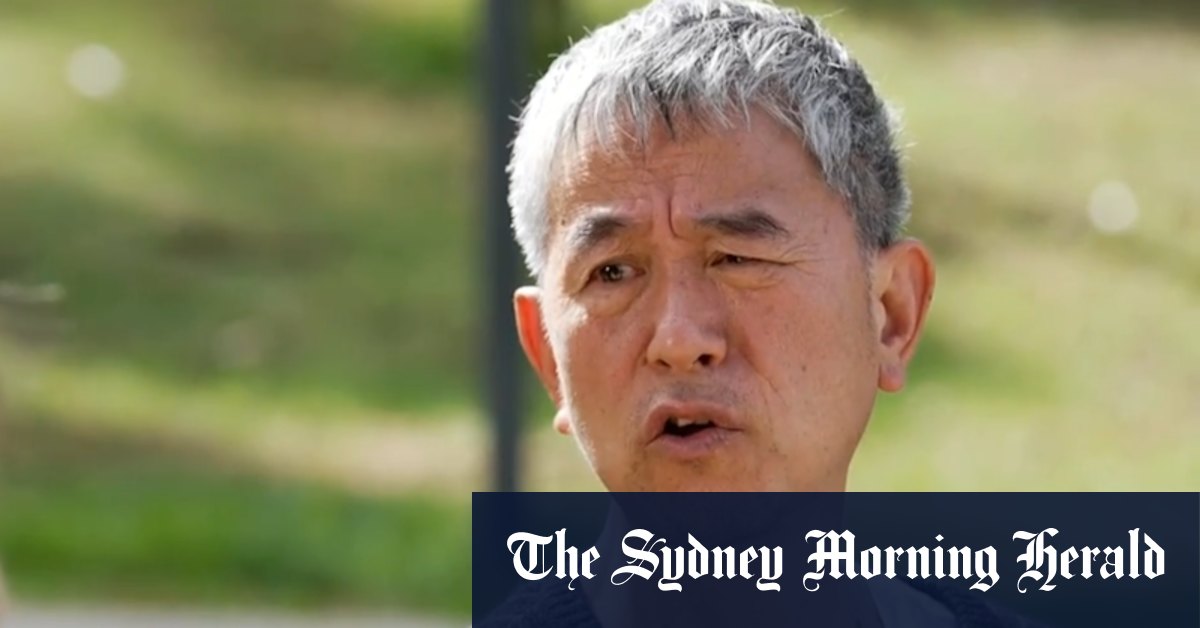Paternity already revealed
But Slattery said the court had “already dealt with the issue of Cheng’s paternity”, and DNA testing had “confirmed that Cheng is the nephew of Jian”. The reason for further testing was unclear.
The court had ordered the parties to undertake DNA testing in August 2023, using DNA from the deceased’s relatives and not his own body tissue. The results “returned a 99.9 per cent probability that Cheng was related to the applicants”, the judge said.
In October 2023, the court declared that Cheng was a child of the deceased and made orders allowing Cheng to administer his father’s estate.
Slattery said the deceased’s brother and mother “did not challenge the results of the DNA testing at the time”, nor did they seek to exercise any appeal rights.
Li had admitted obtaining the ear sample from his brother, Slattery said, and pleaded guilty to improperly interfering with a corpse. He was convicted in late 2023 and fined $1500.
Cheng, as senior next of kin, would have had to grant permission to remove the tissue sample. He had not done so.
The judge said there was no utility in making the order sought by Li and his mother. DNA testing had already been conducted, and even if Li brought future proceedings on behalf of his mother, it was “unlikely to be disputed” that Quin was the deceased’s mother.
In addition, the evidence would “most likely not be admissible … as it was obtained illegally”.
Succession cases increasing
Filings in the NSW Supreme Court’s succession and probate list, including disputes over wills and estates, have increased in recent years. In 2020, 1171 matters were filed, compared with 1460 in 2024.
University of NSW Professor Prue Vines, an expert in will and estate law, said a “striking” feature of state-based laws dealing with the division of an estate when a person died without a will was the primacy given to spouses.
“If there is a spouse, and any children [of the deceased] are children of the spouse, then the whole estate will go to the spouse,” Vines said. This assumed the spouse would look after the children.
If there were children from other relationships, the spouse would receive a basic share called a statutory entitlement – now more than $590,000 in NSW, but the figure is adjusted for inflation – and any remainder would be “divided between the spouse and the children”.
In the absence of a spouse, any children were first in line, followed by parents and siblings. Debts and taxes were deducted first.
If nobody down the line to first cousins survived the deceased, the estate would go to the Crown. More distant relatives could apply to the Crown for a share.
“That pattern more or less fits the general cultural expectation in Australia, that the nuclear family will be the central people who will inherit,” Vines said.
“But it doesn’t work for Indigenous people … [or] some other cultures where they have a very extended family that’s very connected,” Vines said. NSW now allows the customary law of an Indigenous deceased to be applied.
Vines said the rising number of succession cases may mirror the increase in the population via immigration, and the “vast majority” of wills were not contested.
The Morning Edition newsletter is our guide to the day’s most important and interesting stories, analysis and insights. Sign up here.
